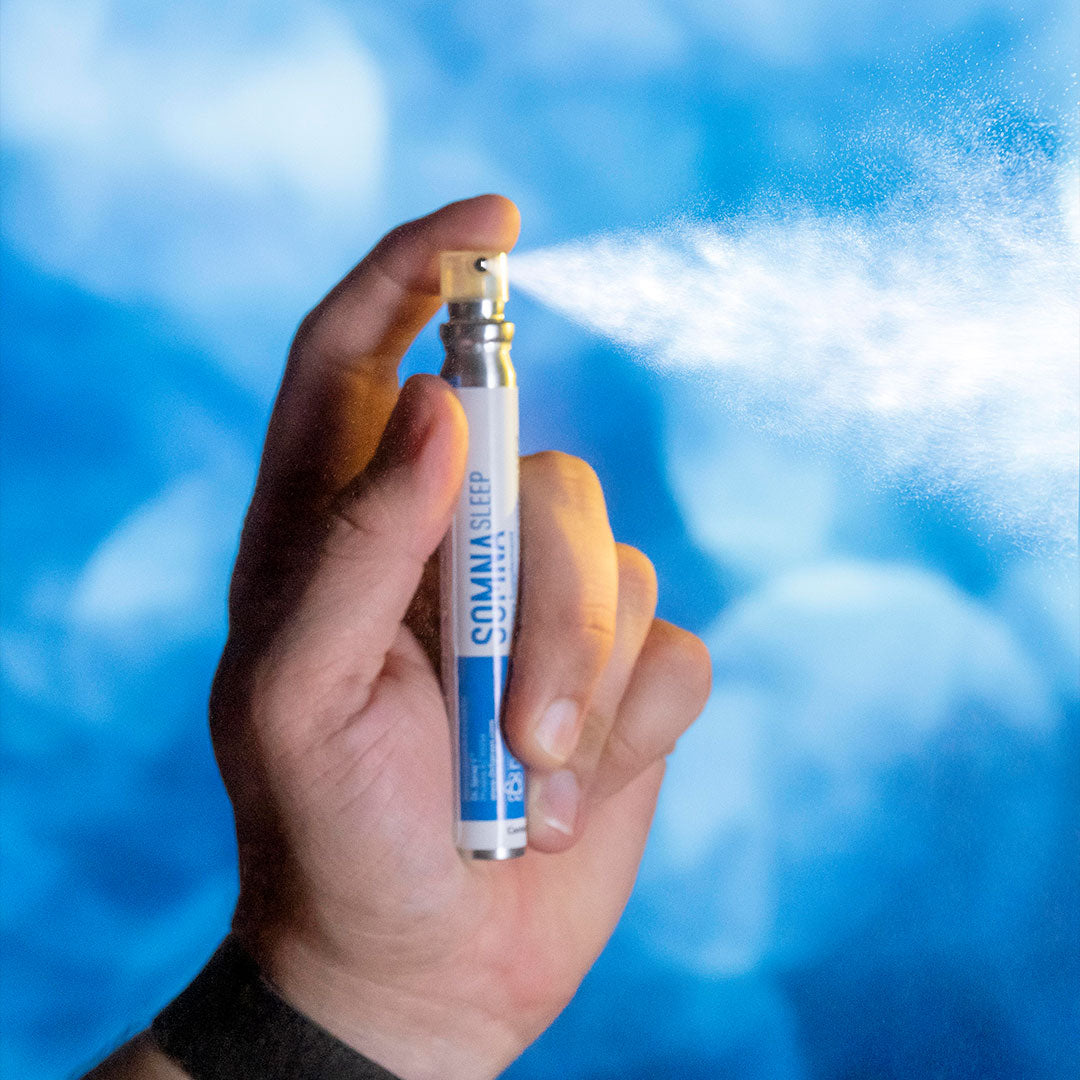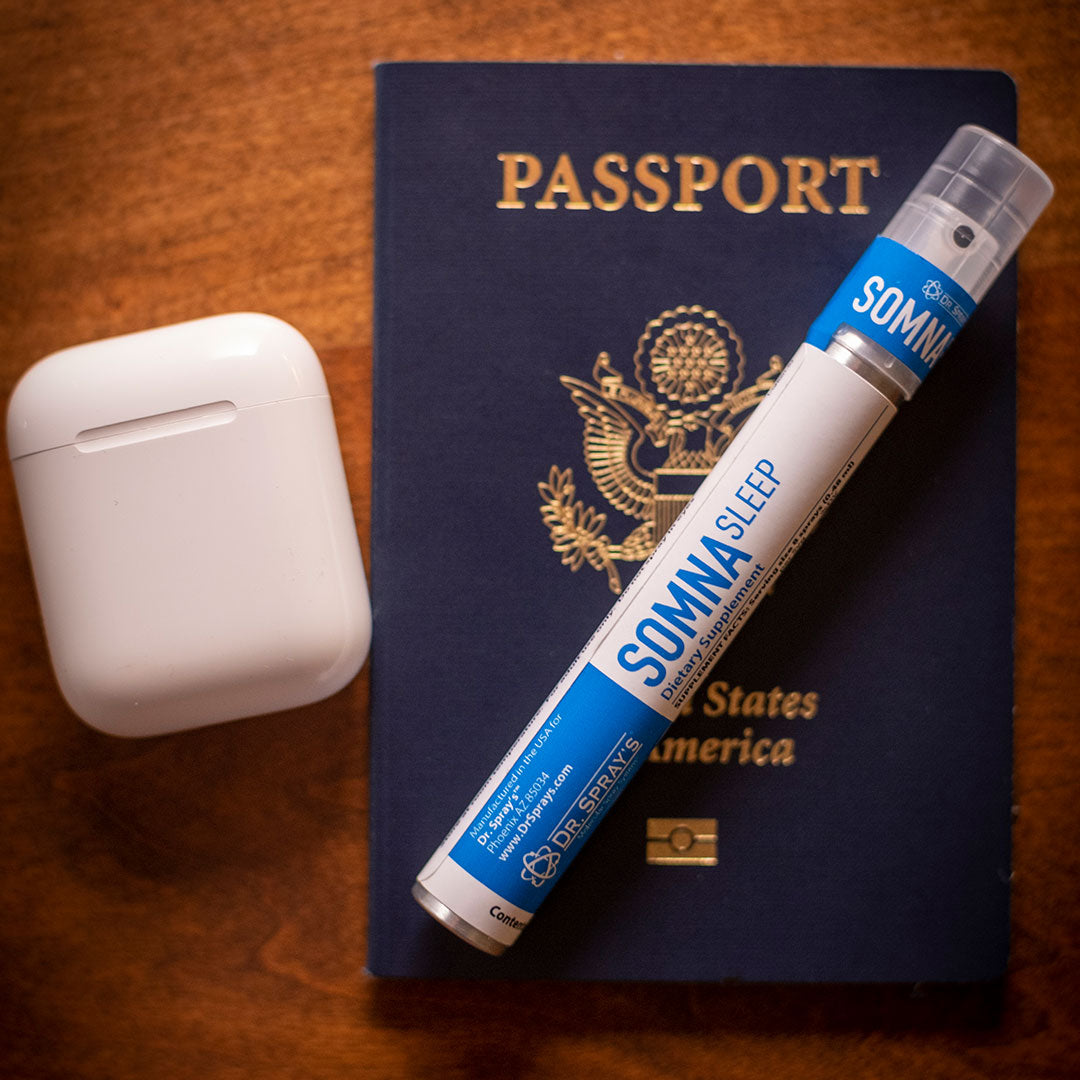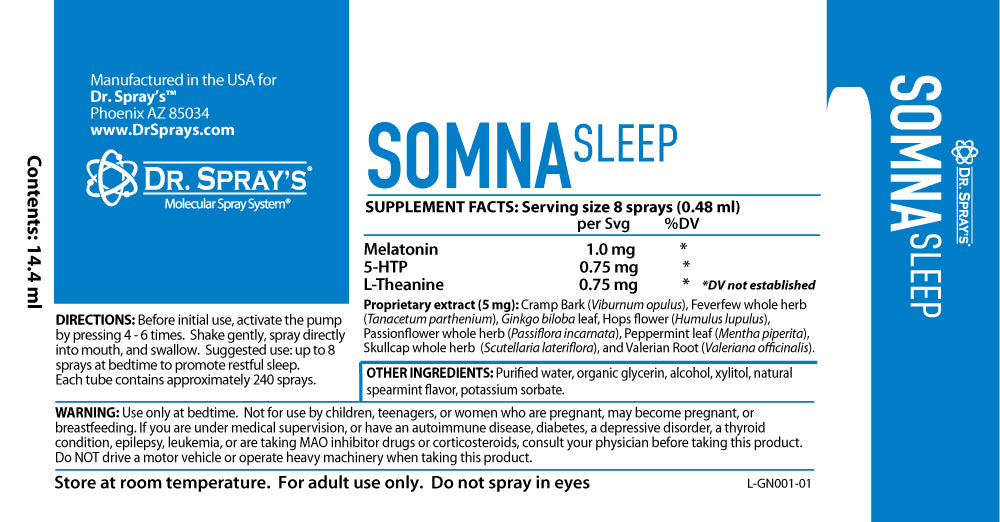Most people can fall asleep within 10 to 20 minutes after taking Ambien. However, some people may find that they take longer to fall asleep. Factors such as anxiety or excitement can delay the effects of sleep medication. If you have difficulty falling asleep after taking Ambien, try these tips:
Take a warm bath or shower before bedtime.
Drink chamomile tea before bedtime.
Create a bedtime routine and stick to it.
Make sure your sleeping environment is comfortable and dark.
Avoid watching television or using electronic devices in bed.
Over-the-counter (OTC) sleep aids are typically taken as needed for insomnia. They typically contain antihistamines, which can make you feel drowsy. Many OTC sleep aids also have warnings that they should not be taken for more than 2 weeks. If you're still struggling with insomnia after 2 weeks, it's best to see a doctor to find out if there's an underlying cause.
Prescription sleep aids like Ambien (zolpidem) usually take effect within 15-30 minutes. They're designed for short-term use and are typically only prescribed for 1-2 weeks at a time. However, some people may need to take them for longer periods of time.
If you're struggling with insomnia, talk to your doctor about which sleep aid might be right for you. They can help you determine the best dosage and duration of treatment based on your individual needs.
The answer depends on the person and the severity of their sleep deprivation.
Some sleep aids can be taken for just a few days, while others may need to be taken for weeks or even months.
If you're not sure how long to take your sleep aid, please consult with a physician.










